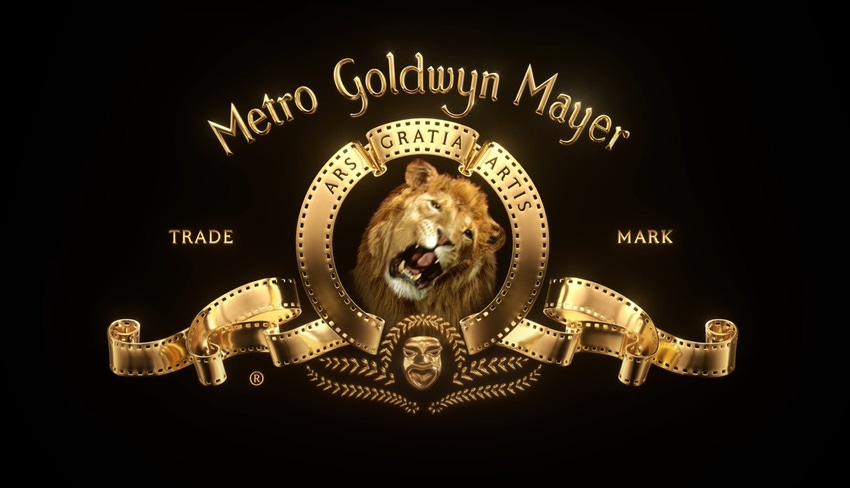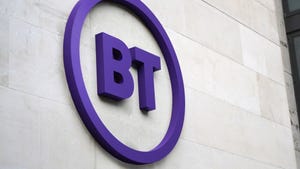The European Commission has approved unconditionally Amazon’s acquisition of MGM, concluding it ‘would raise no competition concerns in the European Economic Area.’
March 16, 2022

The European Commission has unconditionally approved Amazon’s acquisition of MGM, concluding it ‘would raise no competition concerns in the European Economic Area.’
The bid by tech giant Amazon to buy one of the most recognisable media companies in the world was confirmed in May 2021 for a cool $8.45 billion, and we speculated at the time that antitrust authorities might have something to say about it given Amazon’s dominant position in other digital markets. It’s already a towering presence in etail and cloud computing, and this deal would surely give its content arm Amazon Prime a massive leg up as well.
As it turns out European regulators don’t have very much to say about it at all. The release stated: “The Commission found that the overlaps between Amazon and MGM are limited. The parties are primarily active in different parts of the AV content value chain and where both parties are active, their combined market shares are low.”
‘AV content value chain’ appears to mean TV and film, but that would of course be far too pedestrian language for a regulator to lower itself to using.
“The Commission concluded that the addition of MGM’s content into Amazon’s Prime Video offer would not have a significant impact on Amazon’s position as provider of marketplace services… The Commission therefore concluded that the proposed transaction would raise no competition concerns on any of the markets examined in the EEA and cleared the case unconditionally.”
Presumably the architects of the deal surmised that the addition of MGM content would have a pretty significant impact on Amazon’s services, or it wouldn’t be paying $8.45 billion for it.
In the cloudsector where the big tech firms are making the most cash right now – cloud computing – there seems to be enough of a three way rivalry between AWS, Google Cloud and Microsoft Azure to keep it competitive enough for regulators, even though that means smaller firms barley get a look in. But with all three getting extremely rich off sectors like these, it does tend to produce warchests which allow for any sort of lateral corporate purchase you can imagine – such as Microsoft’s recent $69 billion bid for gaming firm Activision Blizzard. There appears to be no end to Amazon’s appetite to insert itself into all sorts of sectors, and obviously it has the money to buy practically whoever it wants to facilitate its various expansions.
Of course the discreet legalise that goes into what pertains to a monopoly in a particular sector will be very specific, and the various bodies tasked with making sure marketplaces are fair seemed unwilling or unable for years, due to law, remit, or political inclination, to look at firms like Amazon, Google and Facebook as a whole. To take a step back and worry about the scale of them.
More recently this had changed, with an increasing amount of legal activity from the EU, UK and the US targeted towards tech giants seemingly in acknowledgment of the massive influence they now have over marketplaces and society – sometimes described in very stern language. So in one way it’s quite surprising to see this decision from European Commission not only going Amazon’s way, but apparently waving the whole thing through so unconditionally.
It will be interesting to see if the US Federal Trade Commission, who will also make a decision on the bid, agrees that this purchase raises ‘no competition concerns’.
About the Author(s)
You May Also Like








.png?width=300&auto=webp&quality=80&disable=upscale)


_1.jpg?width=300&auto=webp&quality=80&disable=upscale)


.png?width=800&auto=webp&quality=80&disable=upscale)